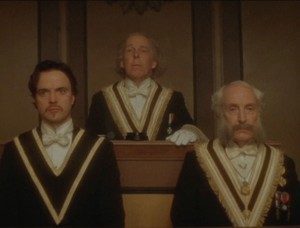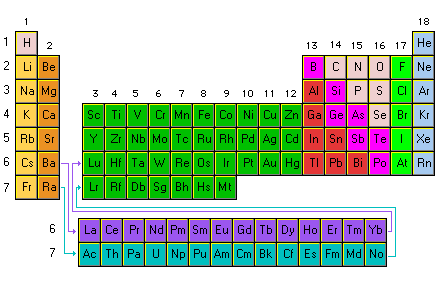 We use the concept of essence in our language fundamentally in two senses. On the one hand it designates all those qualities and details that things present and that make that thing what it is and not another. That is, these characteristics, conditions, are fundamental and important because they are precisely the ones that make that thing recognized as such, they are part of the nature of that thing.. And on the other hand, the word essence is used as synonymous with perfume, although the essence is characterized by its higher concentration of perfume.
We use the concept of essence in our language fundamentally in two senses. On the one hand it designates all those qualities and details that things present and that make that thing what it is and not another. That is, these characteristics, conditions, are fundamental and important because they are precisely the ones that make that thing recognized as such, they are part of the nature of that thing.. And on the other hand, the word essence is used as synonymous with perfume, although the essence is characterized by its higher concentration of perfume.
The idea of essence in the history of philosophy
Although this word is in common use in everyday language and the essential or the essence of something is often spoken of, it is in the history of philosophy where it has been most approached. Greek philosophers have already dealt with the question of the essence of things and of reality as a whole. Thus, Plato understood that universal ideas are the essences that allow us to explain reality. Aristotle referred to the concept of essence to mention the substantial part of something and considered that philosophical activity consists, basically, in the search for the true essence of reality.
According to Aristotle, the idea of essence has made it possible to define the what of any reality (the what of existence, the world or a specific object). In other words, to talk about something, we have to know what that something is and, therefore, we have to have an idea about its essence.
From a philosophical point of view, the concept of essence is complex, since it is an abstract term and its definition is problematic. For medieval Christian philosophers, the true essence was God. With the passage of time, the idea of essence was contrasted with another, existence.
The philosophical problem of essence has been approached from three perspectives:
1) those who have maintained that there is a real essence (for example, God or the substance of something),
2) who have considered that the term essence is nothing more than a denomination that serves to refer to things, but there is no essence in the strict sense and
3) those philosophers who reject the idea of essence, since they value it as a term empty of empirical content and that cannot explain anything.
Today, philosophers no longer attempt to explain the concept of essence.
Situation that push for change
It should also be noted that although someone's essence is not something easy to modify, it can happen. Normally it happens that when a person undergoes some weight change in his life, that is, when his life suffers a shock on a personal or professional level, that individual can see his essence modified.
Generally this is seen when a person goes from one moment to another from: not having power to possessing it almost in an absolute and total way. Probably the person is no longer as open to the requirements of others as they used to be and on the contrary, they are more reluctant to be contradicted by someone in some point of view in which they are not right.
Essence and perfume
Although these two words are used synonymously, they are not equivalent terms. Perfume is a combination of different fragrances, while essences are the aromatic substances found in plants.
Therefore, every perfume has a fundamental component that makes up its essence and a series of complementary aromatic substances that provide a characteristic aroma to the perfume.




